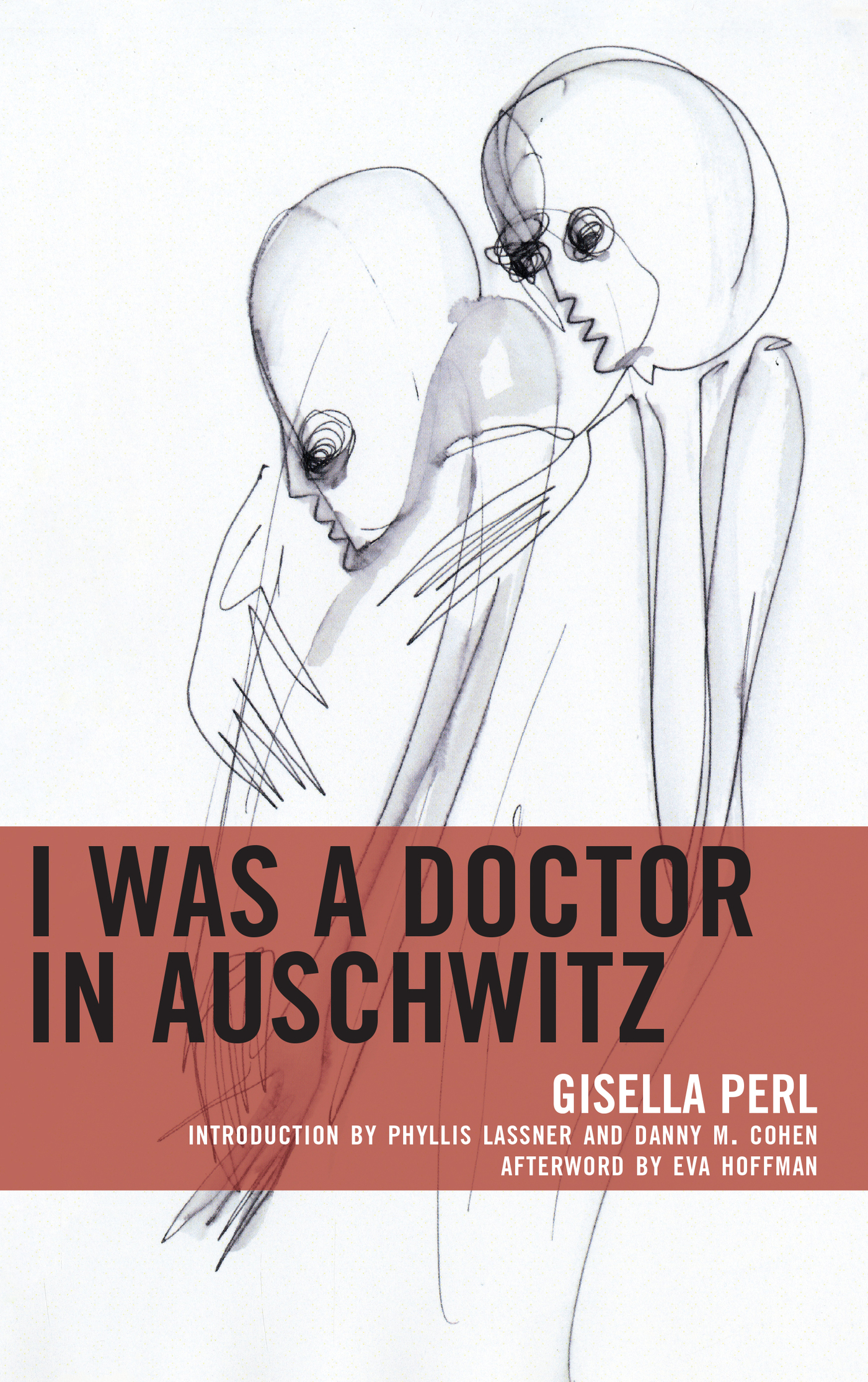I Was a Doctor in Auschwitz
Lexington Studies in Jewish Literature
Series Editor
Victoria Aarons, Trinity University
Jewish literature is an evolving field drawing upon a rich intersection of contexts: cultural, historical, religious, linguistic, interpretive, and political. As an essentially interdisciplinary field of study, Jewish literature transcends geographical and temporal boundaries, taking us back to ancient texts as it moves into new and evolving directions and patterns. This series welcomes original scholarship that explores a wide range of diverse perspectives, approaches, and methodologies that advance our understanding and appreciation of Jewish literature. The series will cover all geographical areas and all periods and movements in the field of Jewish literature, including such diverse areas as American Jewish literature; modern and ancient Hebrew literature; Jewish immigrant writing; Holocaust literary representation; Jewish writing around the globe; movements and theoretical approaches, such as cultural studies, psychoanalysis, feminism, gender studies, etc.; and Jewish cinema. We invite scholarly contributions that cover a range of genres: memoirs; fiction, including novels, graphic narratives, and short stories; poetry; and film. We welcome original monographs and edited volumes as well as English-language translations of manuscripts originally written in other languages.
Titles in the Series
The Midrashic Impulse and the Contemporary Literary Response to Trauma, by Monica Osborne
I Was a Doctor in Auschwitz, by Gisella Perl
I Was a Doctor in Auschwitz
Gisella Perl
Introduction by Phyllis Lassner
and Danny M. Cohen
Afterword by Eva Hoffman
LEXINGTON BOOKS
Lanham Boulder New York London
Published by Lexington Books
An imprint of The Rowman & Littlefield Publishing Group, Inc.
4501 Forbes Boulevard, Suite 200, Lanham, Maryland 20706
www.rowman.com
6 Tinworth Street, London SE11 5AL
I Was a Doctor in Auschwitz reprinted by permission of Shaare Zedek Medical Center.
Introdouction and notes by Phyllis Lassner and Danny M. Cohen Copyright 2019 by The Rowman & Littlefield Publishing Group, Inc.
All rights reserved. No part of this book may be reproduced in any form or by any electronic or mechanical means, including information storage and retrieval systems, without written permission from the publisher, except by a reviewer who may quote passages in a review.
British Library Cataloguing in Publication Information Available
Library of Congress Cataloging-in-Publication Data
Names: Perl, Gisella, author. | Lassner, Phyllis, author of introduction. | Cohen, Danny M., author of introduction. | Hoffman, Eva, 1945- author of afterword.
Title: I was a doctor in Auschwitz / Gisella Perl ; introduction by Phyllis Lassner and Danny M. Cohen ; afterword by Eva Hoffman.
Description: Lanham : Lexington Books, [2019] | Series: Lexington studies in Jewish literature | Originally published: New York : International Universities Press, 1948. | Include bibliographical references and index.
Identifiers: LCCN 2018054661 (print) | LCCN 2018058299 (ebook) | ISBN 9781498583930 (Electronic) | ISBN 9781498583923 (cloth : alk. paper) | ISBN 9781498583947 (pbk. : alk. paper)
Subjects: Perl, Gisella. | Auschwitz (Concentration camp) | Holocaust, Jewish 1939-1945--Personal narratives. | World War, 1939-1945--Personal naratives. Romanian. | Jewish women--Polish--Oswiecim--Biography. | Women gynecologists--Poland--Oswiecim--Biography. | Gynecologists--Poland--Oswiecim--Biography. | Women gynecologists--Romania--Biography. | Jews, Romanian--Biography. | Holocaust survivors--Biography. | World War, 1939-1945--Atrocities.
Classification: LCC D805.5.A96 (ebook) | LCC D805.5.A96 P47 2019 (print) | DDC 940.53/18092 [B]--dc23
LC record available at https://lccn.loc.gov/2018054661
 TM The paper used in this publication meets the minimum requirements of American National Standard for Information Sciences Permanence of Paper for Printed Library Materials, ANSI/NISO Z39.48-1992.
TM The paper used in this publication meets the minimum requirements of American National Standard for Information Sciences Permanence of Paper for Printed Library Materials, ANSI/NISO Z39.48-1992.
Printed in the United States of America
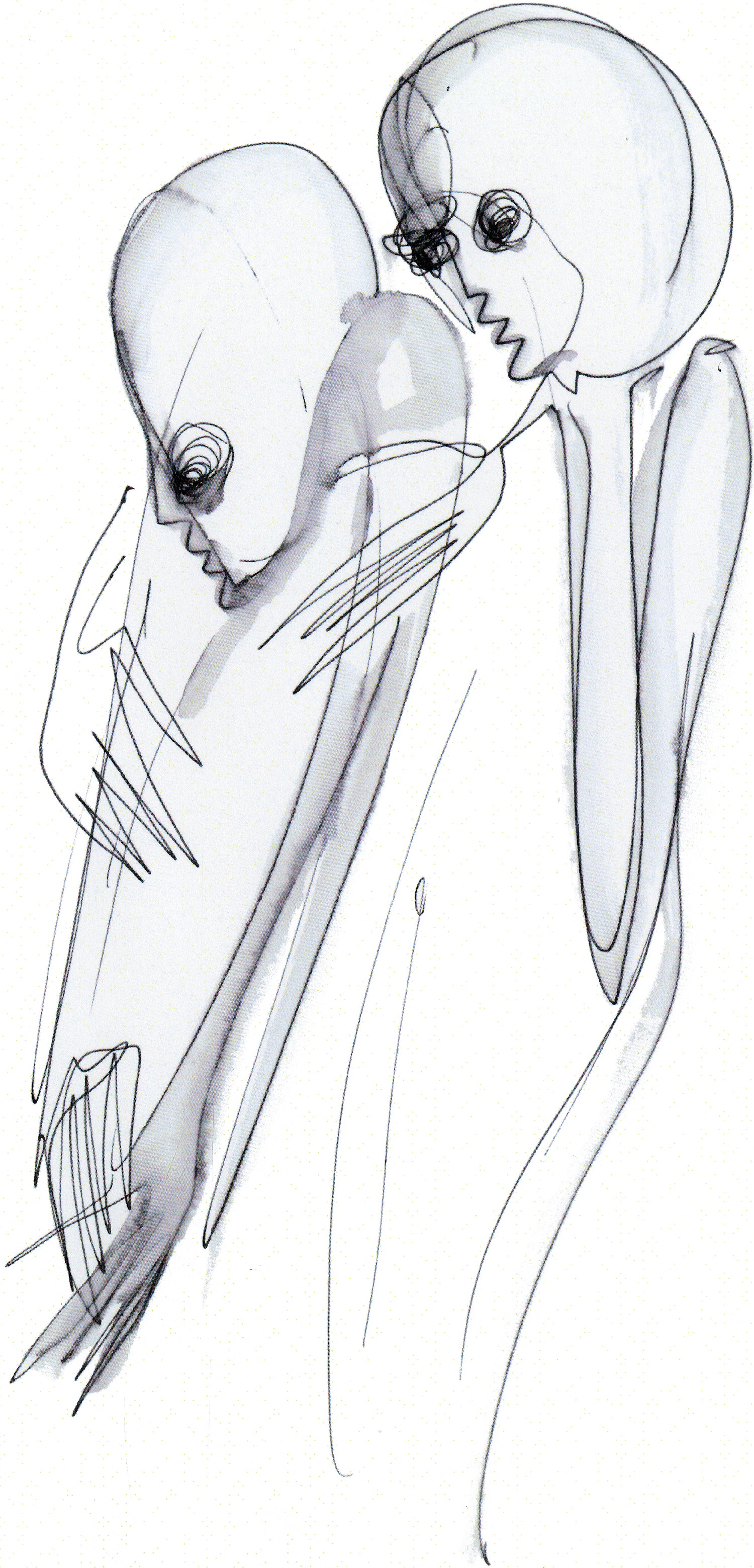
Artwork by Ava Kadishson Schieber
Acknowledgments
We would like to thank Uri Schwarz at Shaare Zedek Hospital in Jerusalem for permission to publish this new edition of Gisella Perls memoir. We are also very grateful to Ava Kadishson Schieber, Holocaust survivor and artist, whose compelling drawing graces the books cover and draws attention to both the caring and desolation experienced by Hitlers victims. Phyllis Lassner and Danny M. Cohen would also like to acknowledge the students in our classes about the Holocaust at Northwestern University. It was their deeply invested responses to excerpts from I Was a Doctor in Auschwitz that inspired us to work toward this complete new edition. We are deeply grateful to Victoria Aarons for her enthusiastic support and understanding of Gisella Perls achievement. We also thank our editors at Lexington Books for their enthusiastic help in producing the book.
Introduction
Phyllis Lassner and Danny M. Cohen
I Was a Doctor in Auschwitz by Gisella Perl
No one who came out alive of a German extermination camp can ever forget the picture that greeted us at Auschwitz. Like big, black clouds, the smoke of the crematory hung over the camp. Sharp red tongues of flame licked the sky, and the air was full of the nauseating smell of burning flesh. (27)
Absent of context, Gisella Perls vivid description of her first moments at Auschwitz read as iconically familiar. Yet her testimony, I Was a Doctor in Auschwitz, was one of the very first to be published, just three years after her liberation. Until now, with the exception of the feature film Out of the Ashes, Perls voice is largely unknown outside of academia despite its painful accessibility, horrific originality, and clear relevance for today.
Based largely on a few anthologized excerpts, Perls 1948 memoir has been recognized as one of the most powerfully moving testimonies of survival and murder in the womens camp at Auschwitz-Birkenau. Written and published very soon after the end of the war, but out of print except for a few rare copies, Perls full account of her Holocaust experience is finally available in this new print edition. Because of the unmitigated, unabated moral and emotional power of Perls writing, the anthologized chapters were able to offer glimpses of Perls gift for graphic detail, and of her searing candor. Only the complete memoir, however, can convey her complex sense of writing within Jewish storytelling traditions. For example, shortly after the memoir was first published, historian Hans Meyerhoff responded with what he refers to as A Parable of Simple Humanity. This narrative tradition is recognizable in Perls depiction of the moment of the Hungarian womens arrival at Auschwitz:
When we came out of the building we did not know each other any more. Instead of the exhausted, tortured, but still self-respecting women who entered through its door, we were a heart-rending lot of crying clowns, a ghastly carnival procession marching toward the last festival: death. (30)

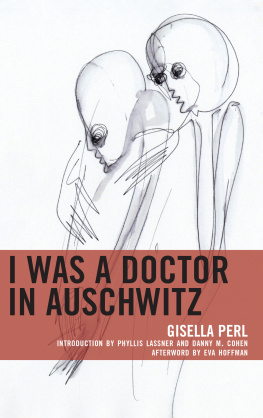

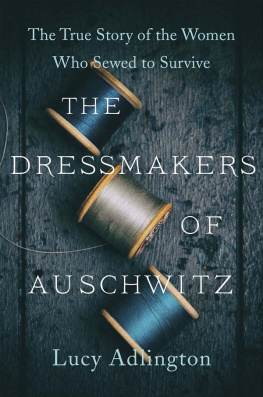
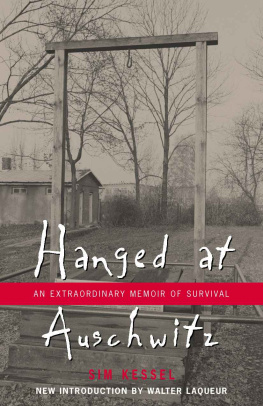
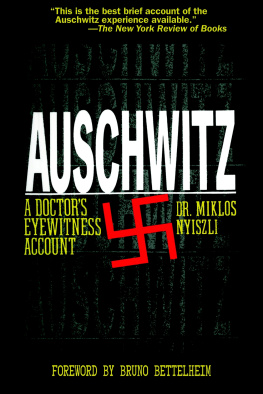
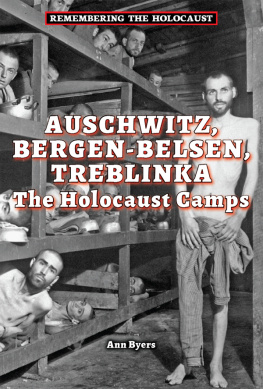
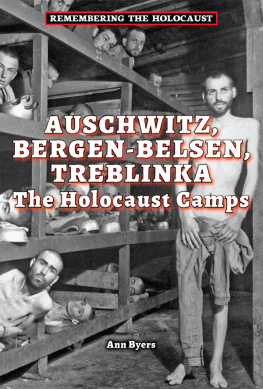
 TM The paper used in this publication meets the minimum requirements of American National Standard for Information Sciences Permanence of Paper for Printed Library Materials, ANSI/NISO Z39.48-1992.
TM The paper used in this publication meets the minimum requirements of American National Standard for Information Sciences Permanence of Paper for Printed Library Materials, ANSI/NISO Z39.48-1992.
